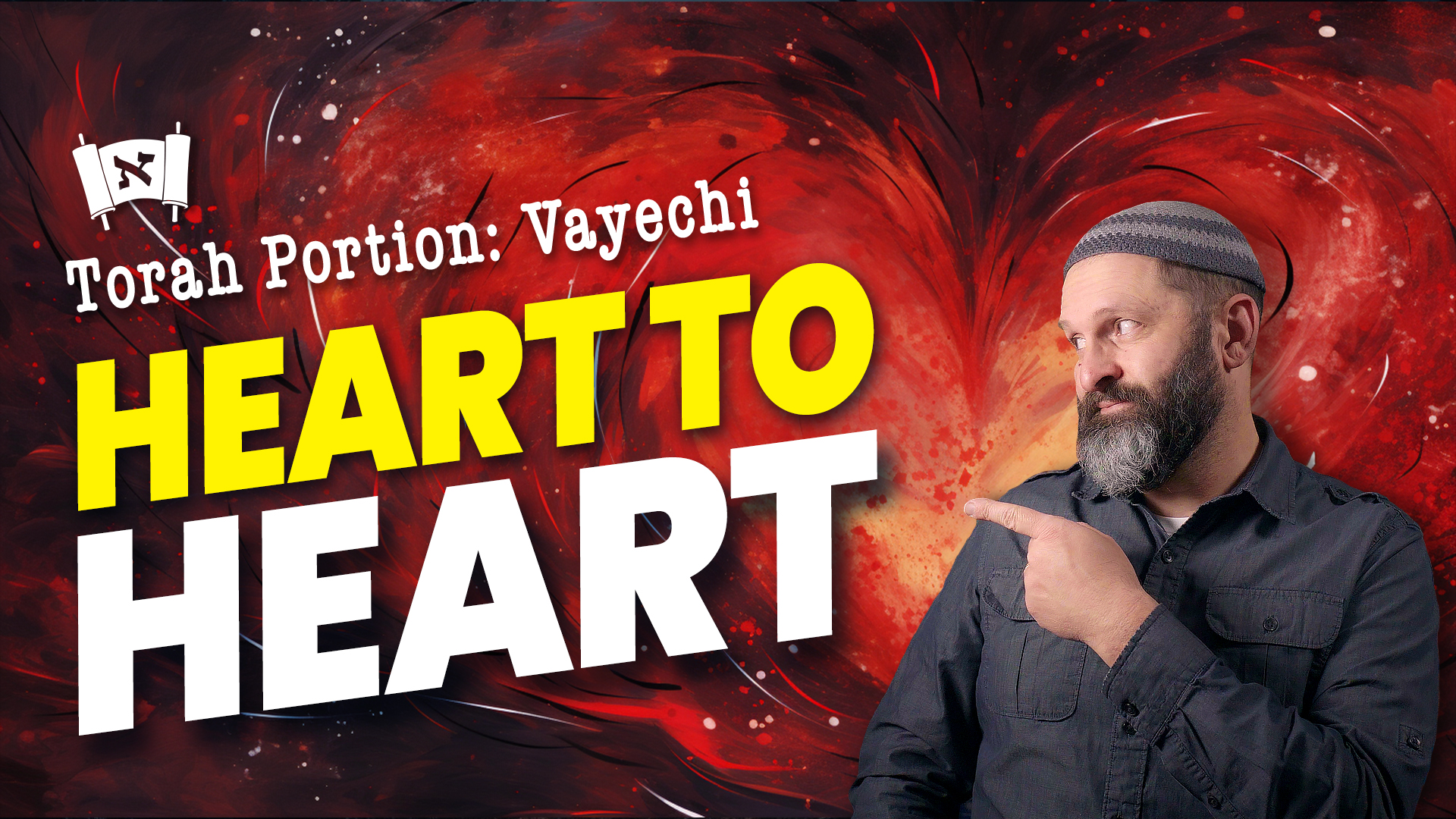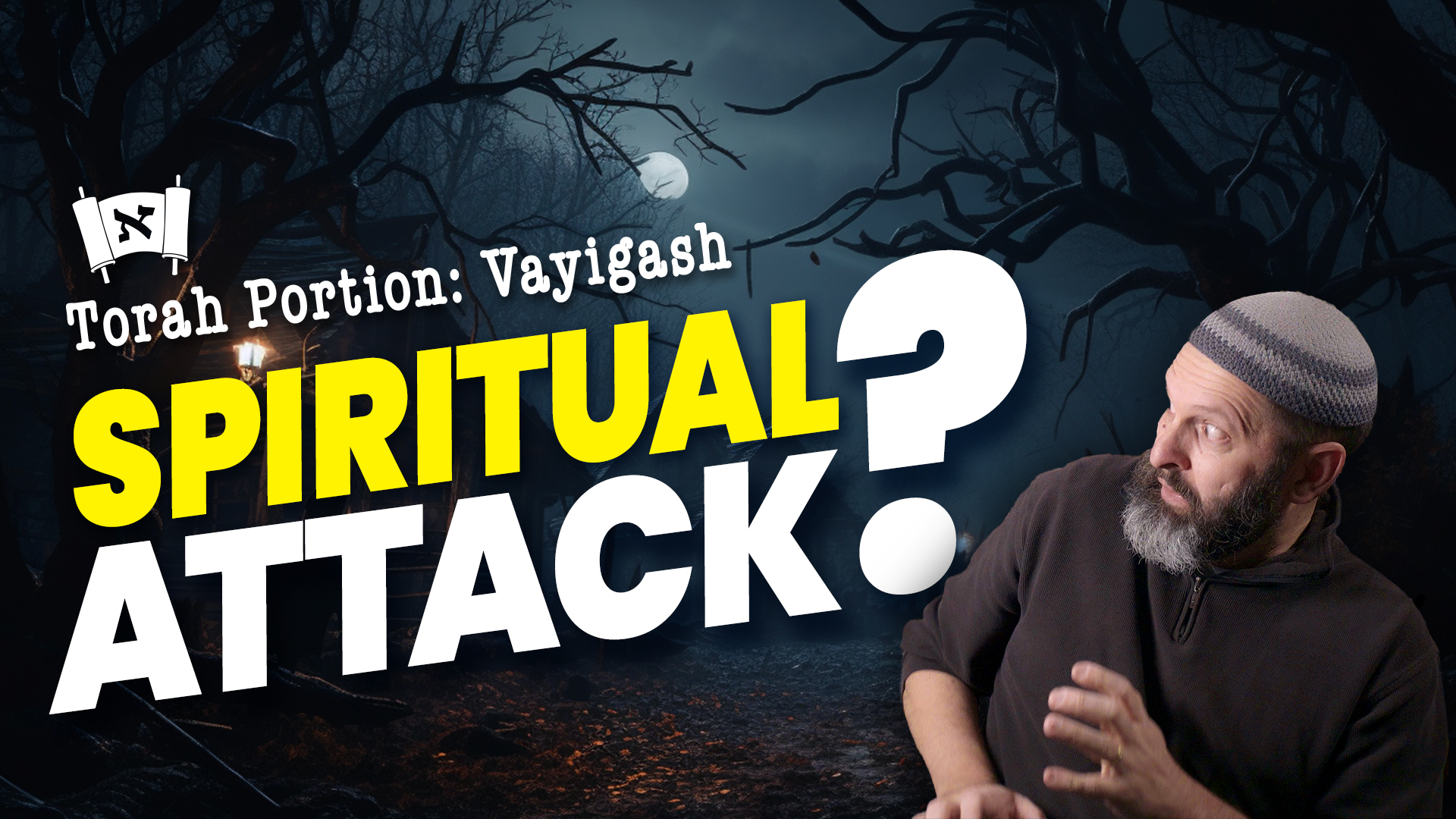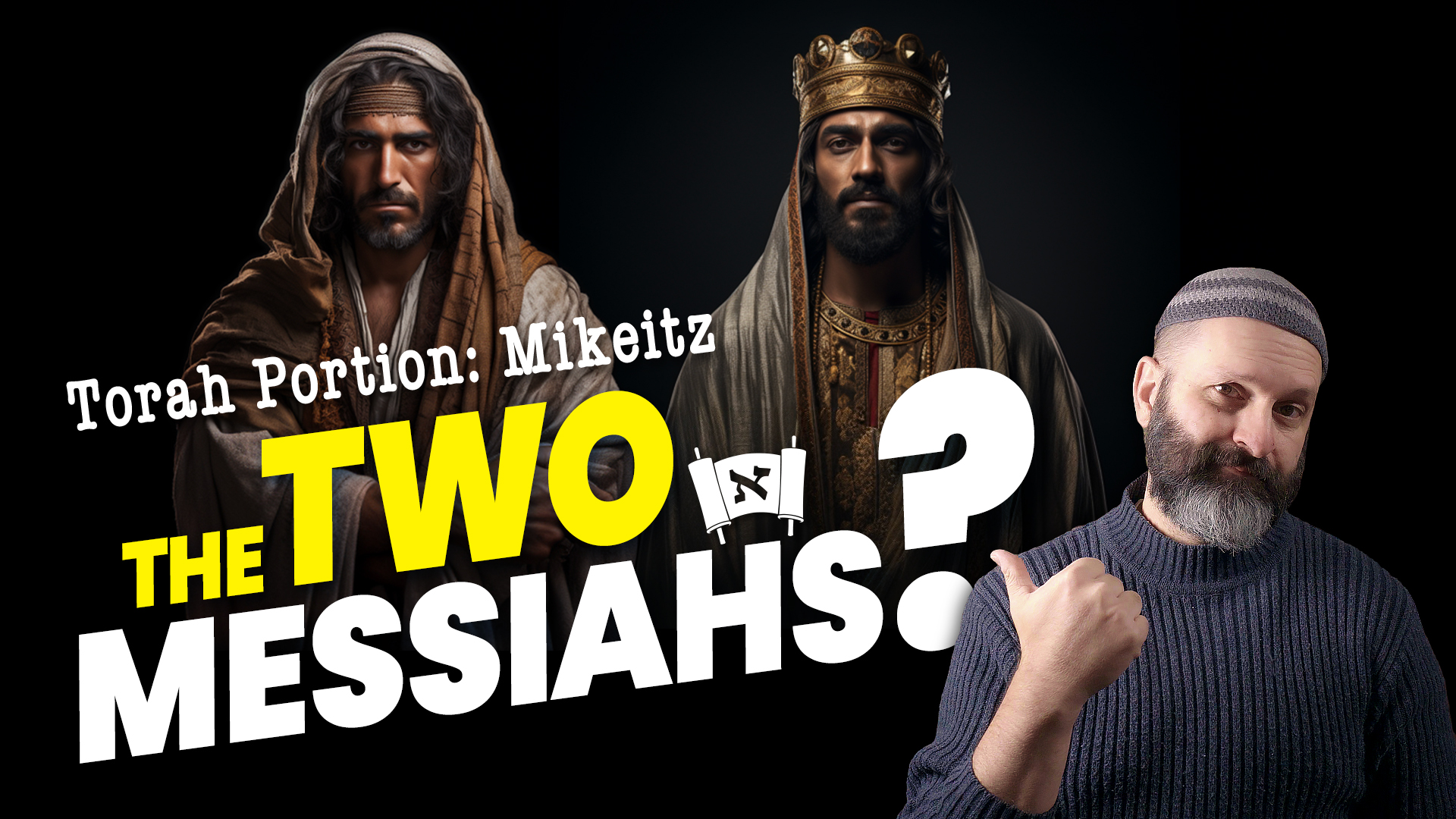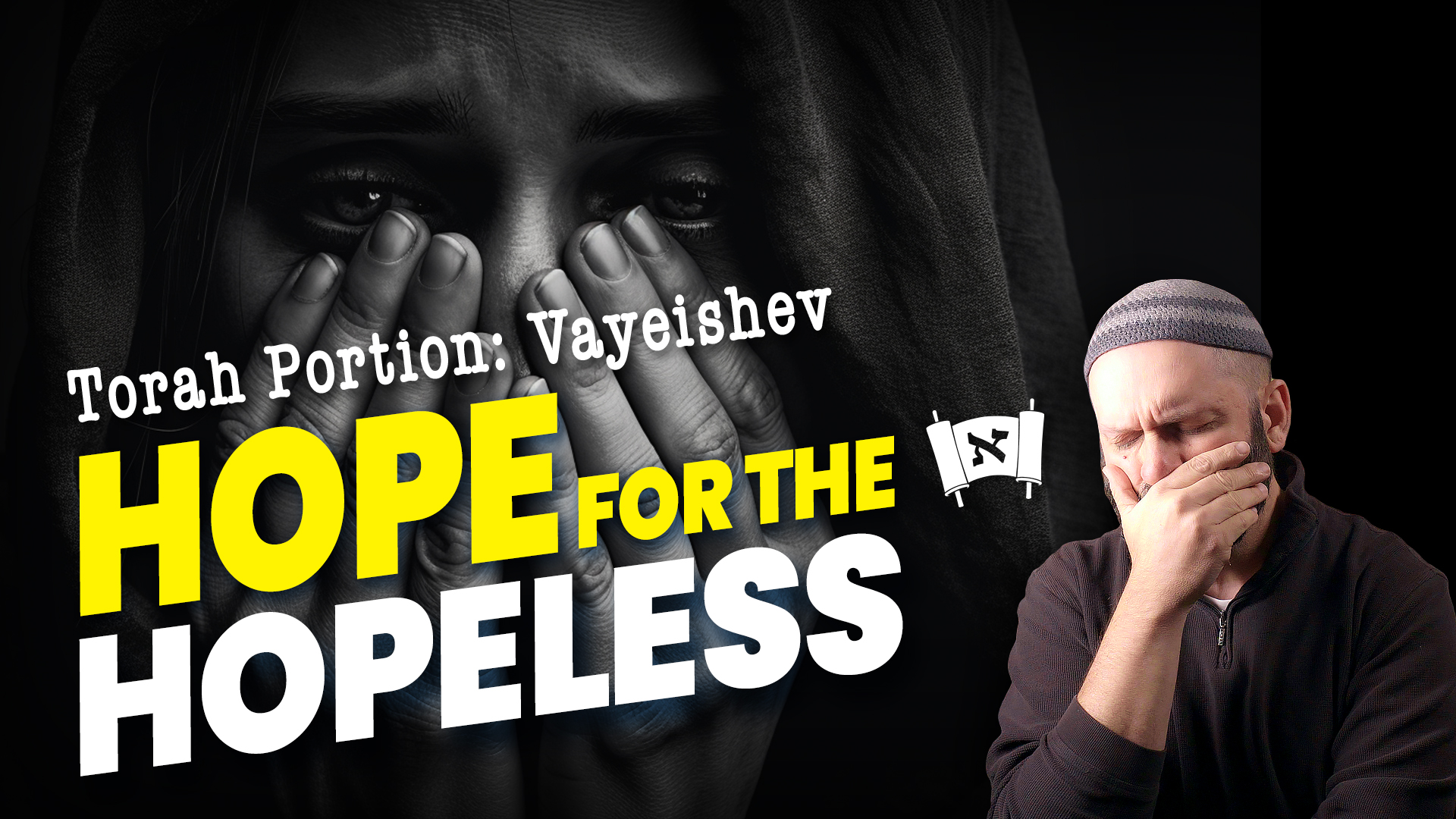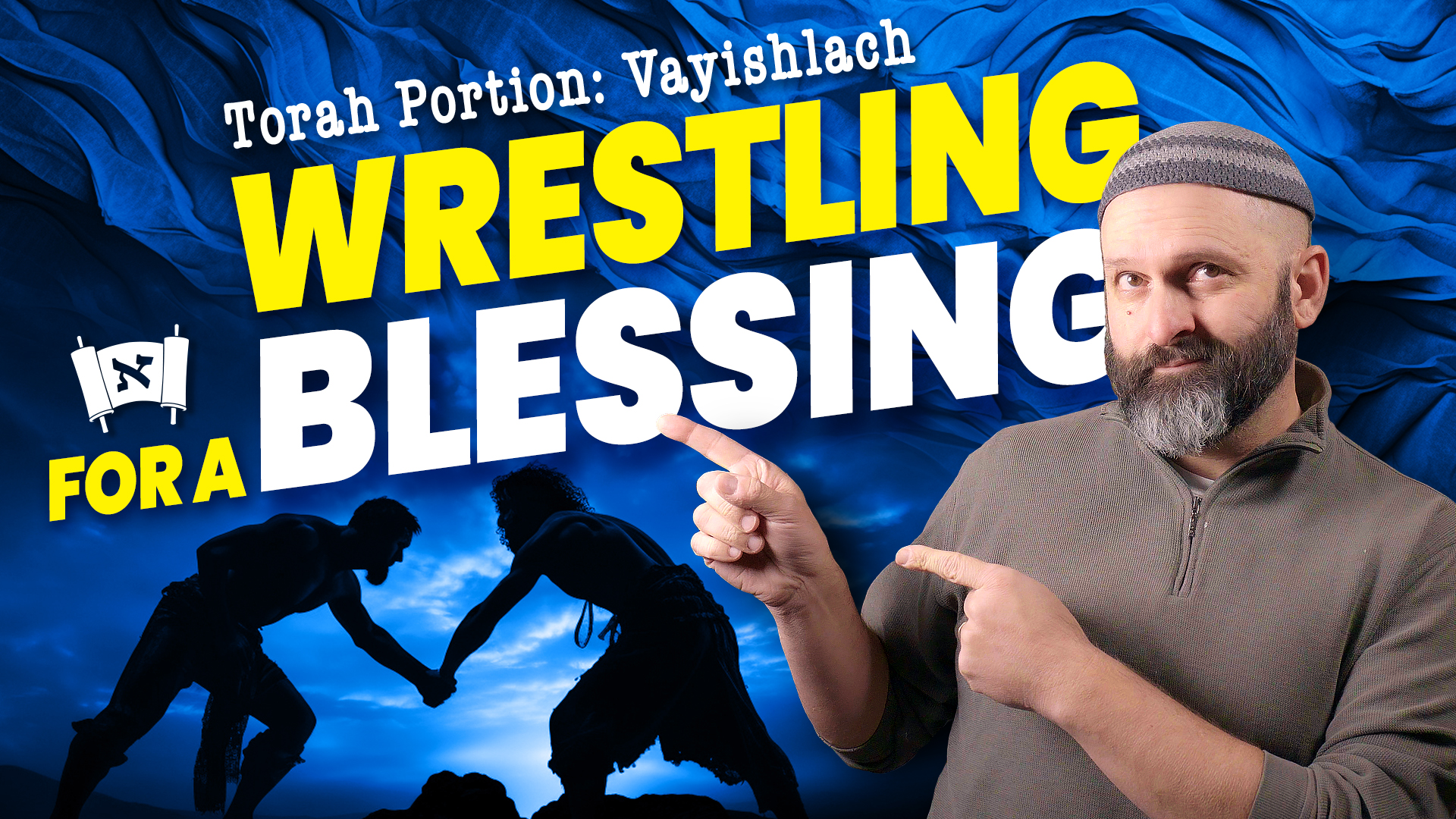Parashat Vayechi (Genesis 47:28-50:26)
For the last three portions, we have seen the story of Joseph unfold. Up until now, we have learned the main events of Joseph’s life. We learned about Joseph’s descent into Egypt through the seemingly unfortunate circumstances initiated by his brothers’ hatred toward him. But then we saw how God used this for His own purposes, placing Joseph in a strategic position to be the savior of not only his own family but also the world. We read about the reunion of Joseph and his family, and how he moved his father and all of his brothers down to Egypt so that he could take care of them. Now, in our final portion from the book of B’reisheet (Genesis), we learn about the final days of Jacob and his desire to bestow his blessings upon his children before his passing. The focal point of this portion is the individual blessings he gives to each of his sons, with the adoption and blessing of Joseph’s sons, Ephraim and Manasseh, being an unexpected turn of events.

